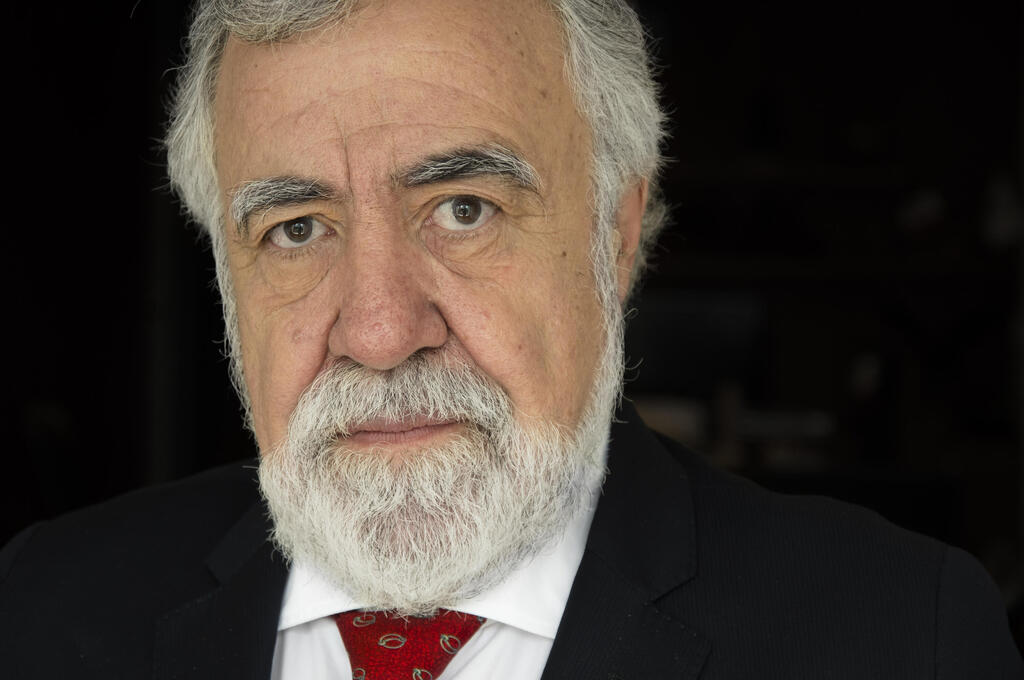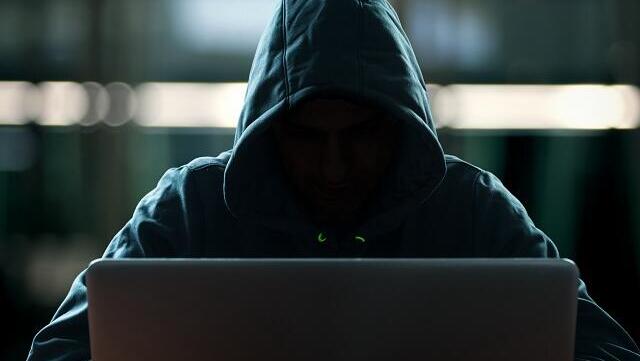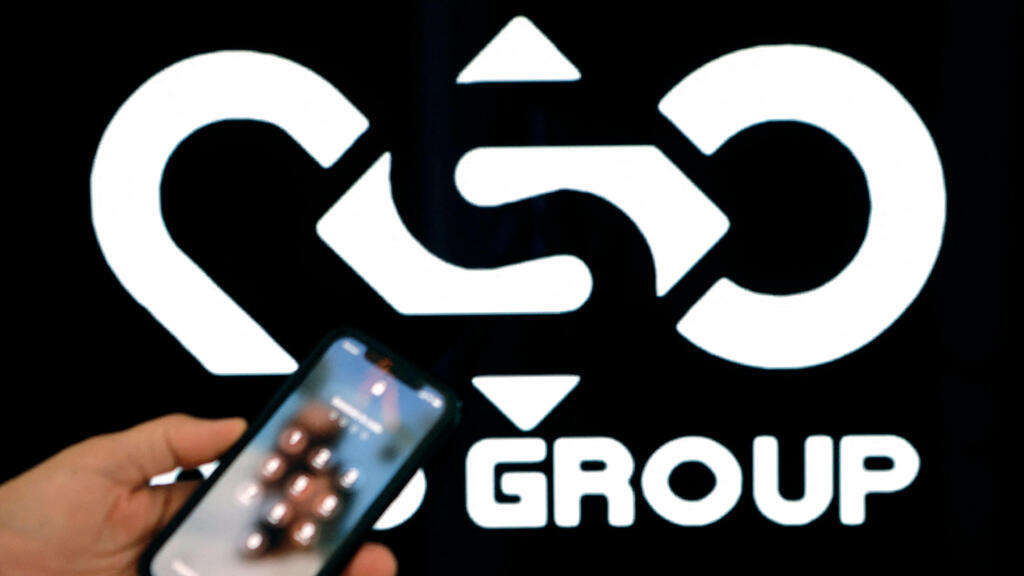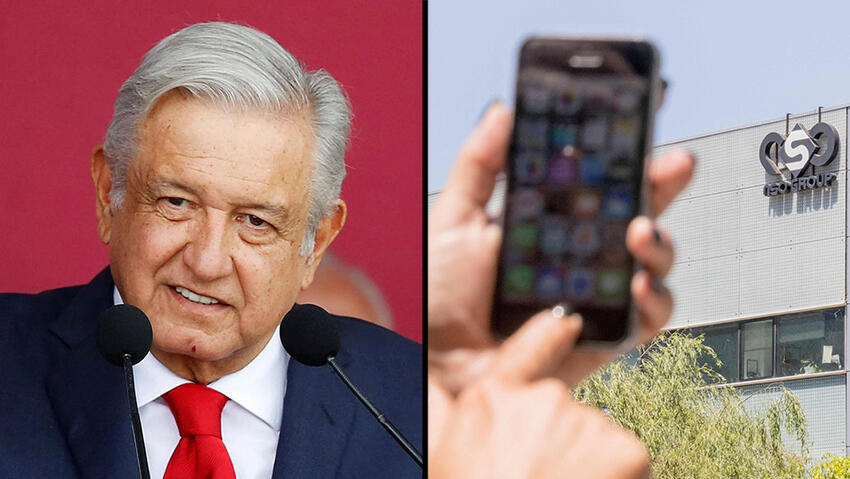Getting your Trinity Audio player ready...
A month after it exposed that the Pegasus spyware tool sold by the Israeli tech-company NSO was widely employed in Mexico, The New York Times revealed on Monday that among the victims of the espionage were not only human rights activists and journalists, as previously known, but also government officials, including Alejandro Encinas, Mexico’s undersecretary for human rights.
More Stories:
Encinas, a long-time friend of President Andrés Manuel López Obrador, was targeted by the spyware while investigating abuses by the Mexican military.
4 View gallery


Alejandro Encinas, Mexico’s undersecretary for human rights, was targeted by Pegasus spyware
The NYT report, written by Natalie Kitroeff and Israel journalist Ronen Bergman, noted that there is no definitive proof of which Mexican agency carried out the hack of Encinas' phone. However, the report emphasized that, according to five people familiar with the NSO contract, only the military had access to the Israeli spyware.
This incident raises questions regarding the extent of the Mexican military's use of the surveillance tool, despite the president's directive to put an end to it.
As a quick reminder, Pegasus is a powerful spyware tool that allows monitoring of every action taken by the user on their phone without their knowledge, and can even watch through the phone camera or listen through its microphone. It is widely seen as a weapon in the intelligence field, originally intended to combat criminal organizations such as drug cartels or to thwart terrorist attacks. Its use has become controversial worldwide following numerous reports of its exploitation by authoritarian governments to target their critics, human rights activists and journalists. In the case of Dubai's emir, he is reported to have used Pegasus to spy on his ex-wife – who filed a legal case against him, and his daughter – who attempted to escape from him.
Last month, the NYT reported that Mexico was NSO's first client, with a transaction concluded confidentially at a strip club in 2011, and that it had made more extensive use of Pegasus than any other country in the world. President López Obrador promised, after coming to power in 2018, to put an end to what he referred to as the "era of espionage" in his country. However, investigations by the American news outlet reveal that his own government also utilized the Israeli spyware and hacked the phones of human rights activists. Now, it is said that even his close advisor was under surveillance.
Encinas, a politician and close associate of the president, serves as the government’s top human rights official. Last summer, he and his team published an explosive report about the disappearance of 43 students who planned to protest against the government that accused the military of playing a role, calling the events “a crime of the state.”
According to the new report, Encinas' phone has been infected multiple times using Pegasus, with the latest hack occurring last year while he was leading a government truth commission into the abductions. The phones of two other government officials who work with Encinas were also infected. These findings were uncovered through a forensic analysis conducted by Citizen Lab, a watchdog group based out of the University of Toronto.
Encinas is considered to be a close advisor of President López Obrador. The two have been political partners for over two decades, with Encinas serving in the president's cabinet when he became mayor of Mexico City in 2000. "Andrés is my friend, he is my partner," Encinas was quoted saying in 2011. The president holds him in very high regard, and when Encinas faced severe criticism after it was revealed that some of the evidence in his report regarding the students' disappearance was not credible, López Obrador stood by his side, refraining from calling for his resignation and stating that he is “an exemplary public servant in whom we have all our confidence.”
However, the NYT claimed that the two have not always been aligned on the growing power of the military. Encinas has been one of the few people willing to criticize the military, while the president continues to facilitate the expansion of the authority of the nation's armed forces. This allows him to maintain and strengthen his influence, as he advances various ambitious projects under the military, including building much of a 1,000-mile railway and an airport, distributing medicine and managing ports and customs.
4 View gallery


Pegasus is a powerful spyware tool that allows monitoring of every action taken by the user on their phone without their knowledge
(Illustration: Adobestock)
López Obrador also claimed, despite mounting evidence of the army misusing Pegasus, that surveillance in his country has ceased: "We do not spy on anyone," he stated just two months ago. “It is an act of dishonesty and lack of principles to be spying.”
The fact that a senior official like Encinas was under surveillance has sparked anger among human rights activists in Mexico.
Eduardo Bohorquez, the director of the Mexican chapter of Transparency International – an anti-corruption group, said: "If someone as close to the president as Alejandro Encinas is targeted, it’s clear there’s no democratic control over the spy tool.”
“There’s no checks and balances,” he added. “The military is a superpower with zero democratic oversight.”
Encinas himself refused to comment on the report, and NSO responded that they are investigating "all credible allegations of misuse," adding that "past NSO investigations have resulted in the termination of multiple contracts regarding the improper use of our technologies."
4 View gallery


NSO opened an investigation into cyberattacks on human rights defenders in Mexico after reports about the military’s use of the spyware.
(Photo: AFP)
A person familiar with the NSO compliance investigations told The Times that NSO opened an investigation into cyberattacks on human rights defenders in Mexico after recent reports about the military’s use of the spyware.
According to the Israeli Ministry of Defense's guidelines, NSO's contracts with foreign clients require that the use of Pegasus be strictly limited to fighting severe crime or terrorism.
The New York Times estimates that NSO likely wants to demonstrate to the world, particularly to the American government, that it's enforcing its own rules. This is after the Israeli company was added to the U.S. blacklist in 2021, thus evidence of efforts to prevent the misuse of spyware could help the company appeal against that decision.


